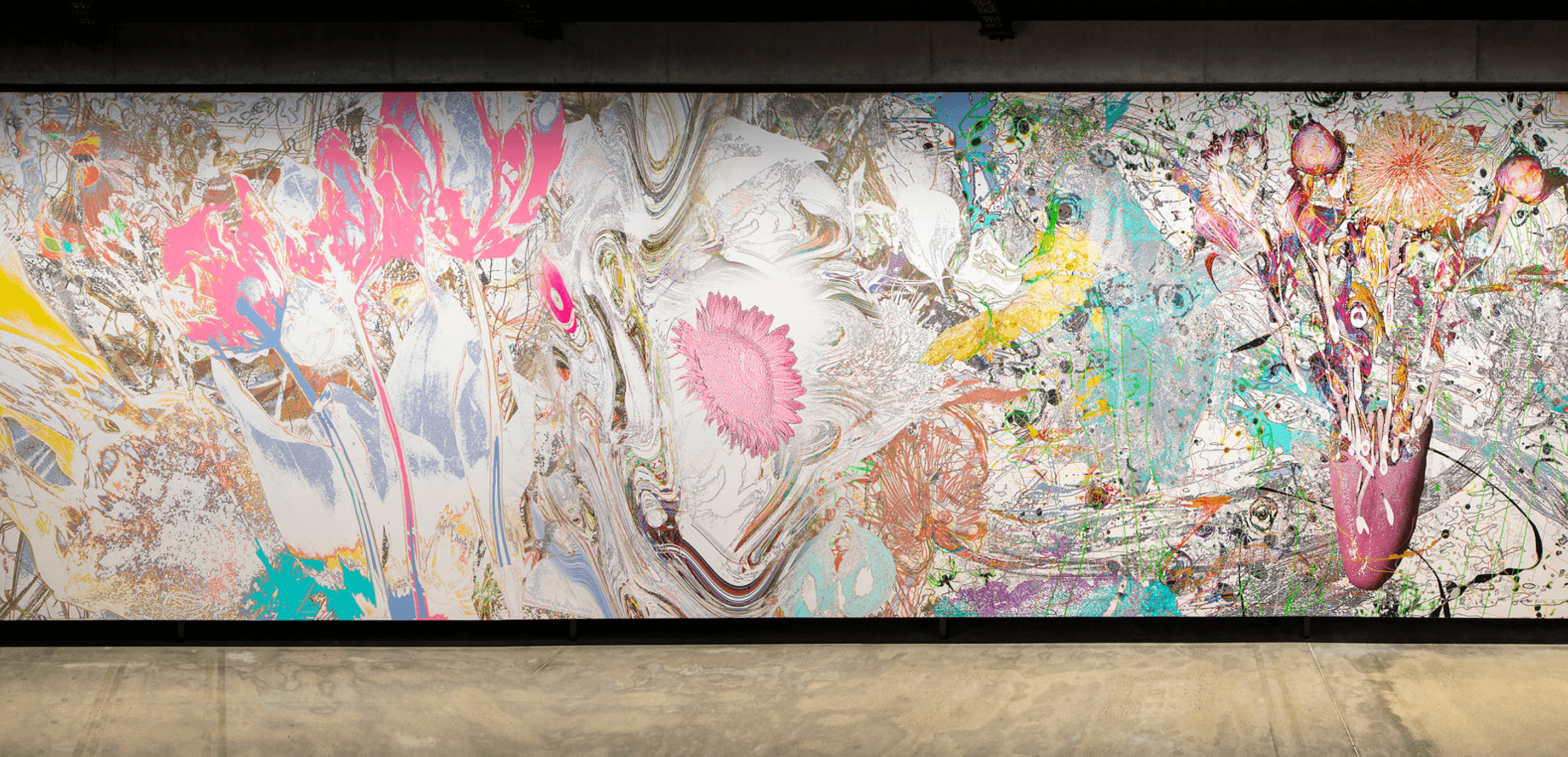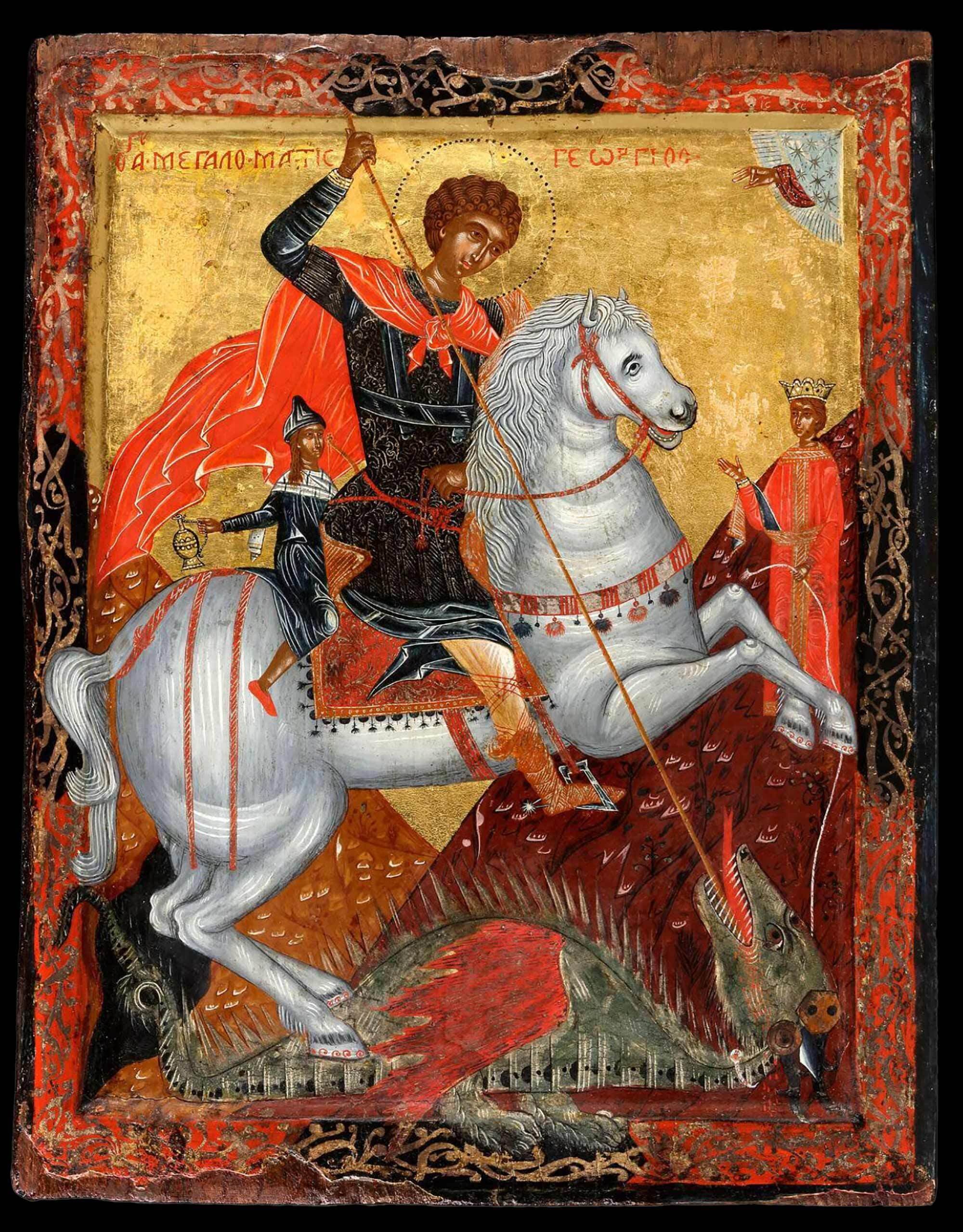David Walsh

Foreigner’s hit ‘I Want to Know What Love Is’ is one of the worst songs I’ve ever heard. It was replaced at the top of the Billboard charts in February 1985, ironically, by another bad one, Madonna’s ‘Like A Virgin’. Foreigner’s title must have been rhetorical, as no conclusion is reached in the lyrics, except that they ‘want you to show’ them.
I’ve wanted to know what art is for some time. I’ve made some progress. For example, I’m pretty sure it isn’t a cultural phenomenon, despite what postmodernist theoreticians might have me believe. And I’m pretty sure it’s universal—both Foreigner and Madonna make art. I did too, when I drew in the sand as a child, or when I tunelessly parodied ‘I Want to Know What Love Is’ in the shower this morning (‘I want to know what art is, I want you to blow me’). There are some people who have insight into what art is, but they aren’t artists. Artists work in a narrow band of creativity. Though they may make great things, they make specific things. They also make them without reference to their motives—they may say things like ‘I want to create beauty’, or, ‘I want to know what love is’, but they don’t say ‘I’m compelled by my biological history to seek mates, and painting pretty pictures helps’, or, perhaps, ‘Creating narrative fictions helped my ancestors to learn to plan and thus those with a propensity for fiction were selected for through differential survival rates’. And until very recently no one thought, ‘The tools I use to navigate my physical environment might have been co-opted to enable my exploitation of social environments to achieve the sort of goals that my biology compels me to attempt (survival, reproduction etc.).'
All that might not be clear, and it isn’t meant to be. I’m setting up a framework for asking interesting questions like ‘Why do we make art?’ and I’m asking these questions of people who aren’t usually engaged in an art setting (evolutionary biologists, social scientists, neurologists). I’m not asking art academics—they have been asking themselves and each other for some time, and the answers rarely extend beyond the cultural. Art has a cultural component of course. It is often made and judged by people, and people are cultural. But art is universal, and modalities of art cross cultural boundaries. That’s an indicator that the roots of art lie beyond, and possibly before, culture. Art also often engenders emotional responses, and anything that engages emotions has an evolutionary component.
I recently explored the definition of life. I eventually alighted on ‘A system that can undergo Darwinian evolution’. That’s succinct, and it gives evolution the primacy it deserves. Of course, it has a touch of finality about it. Future discoveries might provide new insights. But science is relentlessly tentative; error-correction is part of the definition of learning. I’ve learned some new stuff concerning life. I’ll get back to that. For now, let me point out that as we sought to understand life, we reached other tentative definitions. One used the characteristics that life exhibits: response to stimuli, growth, reproduction, and some others. The problem was that not all living systems exhibit all of those characteristics (priests don’t reproduce, emperor penguins get smaller) and non-living systems are not necessarily excluded (crystals grow, computer viruses reproduce). One of the Wiki definitions of art uses this sort of characteristic definition: ritualistic and symbolic functions, communication, entertainment and others. This definition suffers from the same problems.
A Catholic mass has ritualistic and symbolic functions but few contend that mass is art. And a Foreigner song is definitely art, but is it entertaining?
I contend that defining art suffers from the same problems as defining life because they are similarly scaled problems (vast and heterogeneous); but unlike the evolutionary-based definition of life, no overarching principle that encompasses all art has, as yet, emerged. To understand what art is, we first have to understand why it is that we make it.
Earlier I said I’ve learned some new stuff concerning life. Erwin Schrodinger and Pascual Jordan had a few insights in the forties that are worth taking note of because they predicted some of the properties of genes. Prediction is a worthwhile test of merit. Jordan noted that things built out of molecules derive their properties by the statistical inputs of those molecules. Water is made from, mostly, H²O molecules, and it behaves in a way that the majority of its components do. Life isn’t like that. A tiny fraction of the molecules of a living system generate most of its properties. My eye colour is the result of genes (about fifteen have been identified) that were present in the ovum and spermatozoon that combined at the beginning of my history. Jordan called this asymmetric (non-statistical) way that life accrues its properties amplification, and it provides a mechanism by which variation is induced, and that variation is crucial to the evolutionary mechanism that life is predicated on, and defined by.
Is an analogue of amplification a property that art has, that craft, for example, does not? Non-art derives properties statistically; plates might be decorated differently but they derive their characteristics by statistical similarities with other plates. When a plate is art, and few dispute that a Picasso plate is art, the differences from other plates are amplified asymmetrically.
I’m not trying to show that art is this or that thing. And I’m not trying to show that we make art for this or that reason. For the moment I’m just trying to show that art is a complex thing and its characteristics multifarious. Curators, typically, weave a cultural web. But the web of art, like the web of life, has evolution at its genesis. Let’s see if those who have insights into evolution can tease out something about the nature of art. If they can, we should see a good show. Because sometimes newcomers to a field, virgins if you will, make it feel shiny and new.













